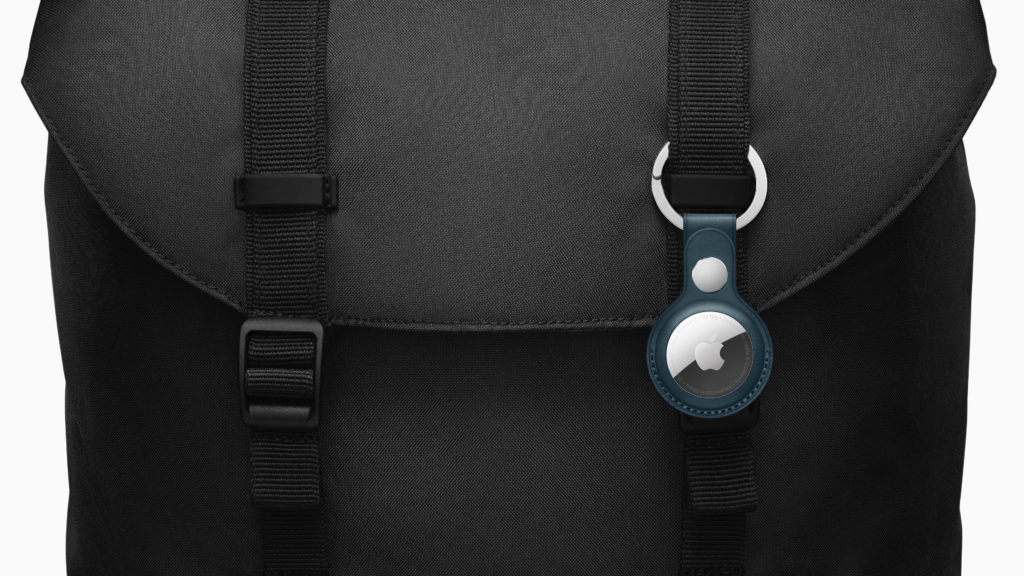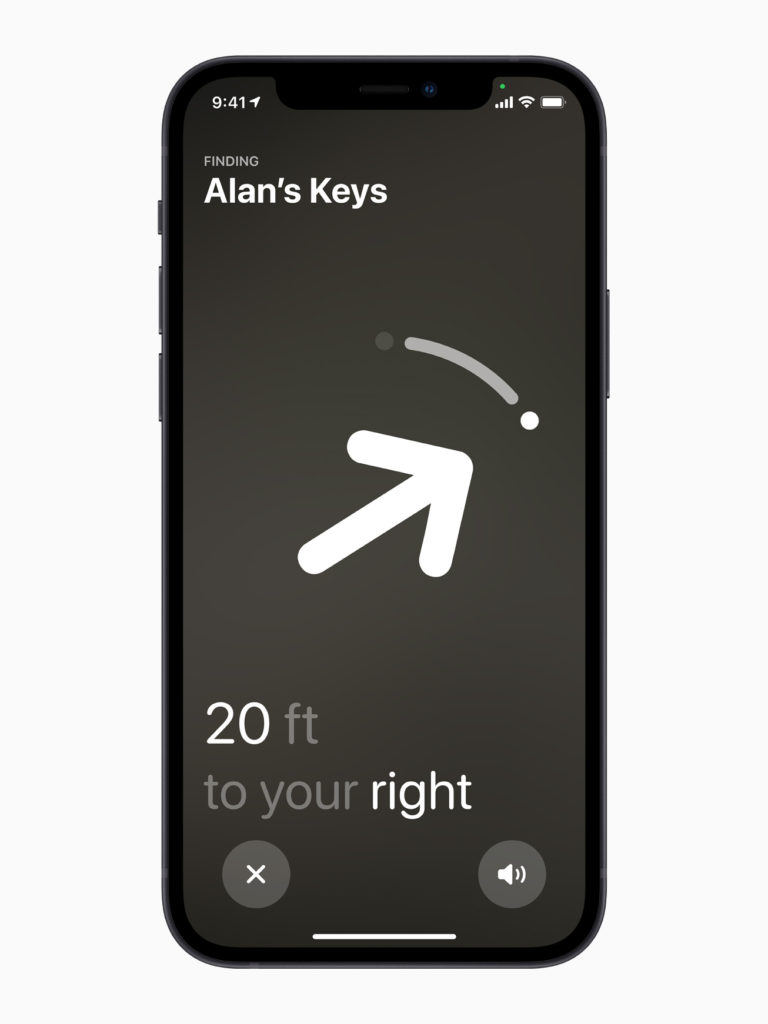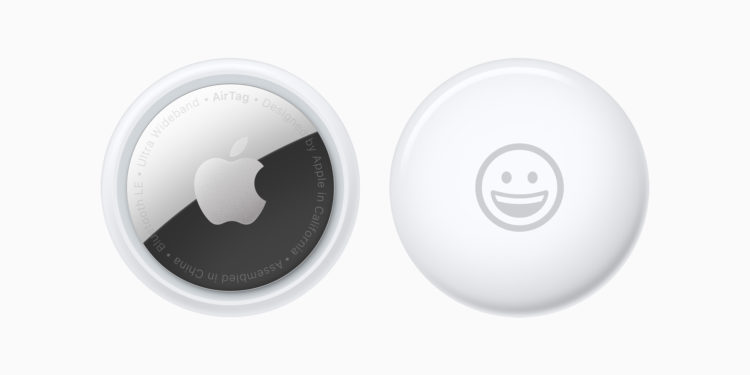Apple's long-awaited AirTag was finally unveiled today. As expected, the small circular accessory can be attached to items like wallets, keys, and more to track them in the Find My app.
As previously rumored prior to release, each AirTag is equipped with a U1 chip, and Precise Finding is available on devices that also have a U1 chip. U1 Ultra Wideband chips are included in the iPhone 11 and iPhone 12, with Precise Finding able to pinpoint the distance and direction of a lost AirTag when it's within range more accurately than Bluetooth alone can.

AirTags access camera, ARKit and more
If users want to find a lost item and have an iPhone 11 or 12, Precise Find will guide the user to their lost AirTag using inputs from the camera, ARKit, accelerometer, and gyroscope, and will guide them through sound, haptics, and visual feedback. Very specific directions are provided to guide the user directly to where the lost item is, which can be very convenient. AirTags that are separated from their owner and out of Bluetooth range will use the Find My network that Apple devices like iPhones, iPads, and Macs use. The Find My network can detect Bluetooth signals from a lost AirTag and relay the location to the owner.

AirTags: Battery needs to be replaced
In addition, AirTags feature IP67 water resistance and a replaceable battery that lasts for a year. The IP67 rating means that the AirTags are waterproof up to a maximum depth of 1 meter and for up to 30 minutes. Despite this rating, Apple explains that the resistance "may decrease with normal wear and tear." As for battery life, Apple explains that the AirTags have a battery life of more than a year thanks to the use of low-energy and encrypted Bluetooth. Once the battery runs out, it can be easily replaced as it uses a CR2032 coin cell. While a single AirTag costs 35 euros, Apple charges around 119 euros for a pack of four. The new tracking accessory will be available from Friday, April 23rd pre-ordered (Image: Apple)





